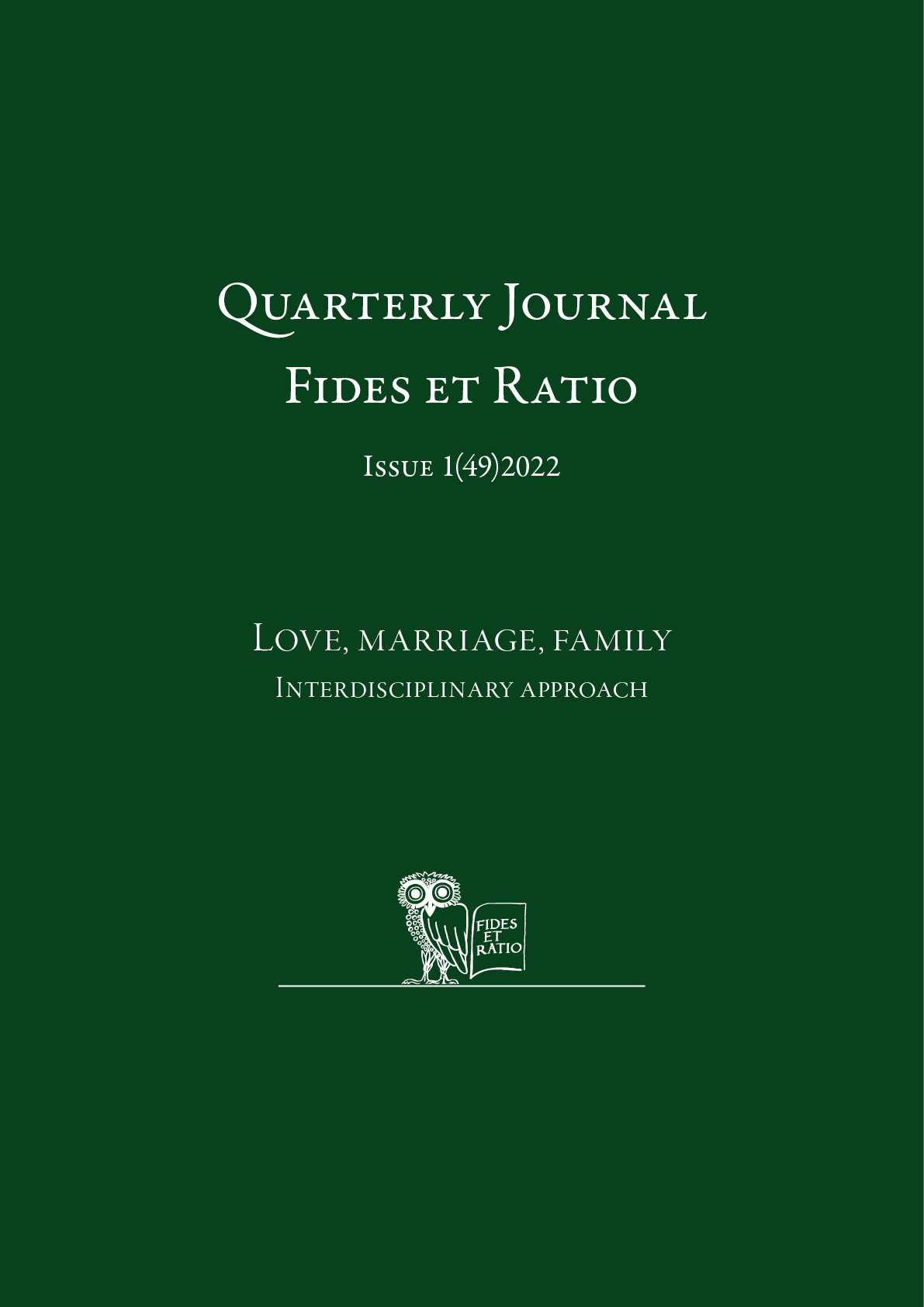Abstract
The paper is of an empirical character. The main objective of the study was to diagnose declared attitudes of fathers towards deaf children. The study made use of the Parental Attitude Research Instrument (PARI) by E. Schaefer and L. Bell. The base group comprised 50 fathers of deaf children (FDC). Additionally, a group of 58 randomly selected fathers having only hearing children were examined (control group – FHC). The analysis of results of this study takes into account first general attitudes of the fathers, i.e. proper emotional contact, the attitude of excessive distance and excessive concentration or protection, as well as attitudes towards family and educational roles; thereafter, the subscale scores were averaged to diagnose the intensity of each particular attitude. As a result of the study, it was established that the presence of a deaf child in the family affects the shaping of specific parental attitudes. The age and education of fathers of deaf children were the variables that also affected the shaping of parental attitudes. In summary, the conclusions for pedagogical practice will be discussed.
References
Haddad, K., L., Steuerwald, W.,W., Garland, L. (2019). Family impact of pediatric hearing loss: Findings from parent interviews and a parent support group, JEHDI, 4 (1), 43–53, https://doi.org/10.26077/6t2b-rx63
Heszen, I. (2016). Psychologia stresu, Warszawa: Wydawnictwo Naukowe PWN.
Holt, R., F., Beer, J., Kronenberger, W., G., Pisoni, D., B,. Lalonde, K., Mulinaro, l., (2019). Family Environment in Children with Hearing Aids and Cochlear Implants: Associations with Spoken Language, Psychosocial Functioning, and Cognitive Development, Ear Hear , 41 (4), 762-774, doi: 10.1097/AUD.0000000000000811.
Janicka, I., Liberska, H. (ed.) (2021). Psychologia rodziny, Warszawa: Wydawnictwo Naukowe PWN.
Kiereś, B., Gromek, M., Hryszan, K. (ed.), (2018). Rodzina- historia i współczesność, Lublin: Wydawnictwo Episteme.
Kobosko, J., Ganc, M., Paluch, P., Jędrzejczak ,W.,W., Geremek-Samsonowicz, A., Skarżyński, H. (2020). Jakość życia rodziny z małym dzieckiem głuchym, Nowa Audiofonologia, 9 (1), 19-32, https://doi.org/10.17431/9.1.2.
Kornas-Biela, D. (2020). Ojcostwo u mężczyzn wychowujących dzieci z wadą słuchu. Część I. , Roczniki Pedagogiczne, t. 12 (3), 143-171, doi: 10.18290/rped20123-8.
Kornas-Biela, D., Tupaj, K. (2020). Ojcostwo w samoocenie mężczyzn wychowujących dzieci z uszkodzonym słuchem. Część II. Badania empiryczne. Roczniki Pedagogiczne, 12 (3), 173-190. doi: 10.18290/rped20123-9.
Lachowska, B. (2021). Pozytywna psychologia rodziny (in:) I. Janicka, H. Liberska, H. (ed.), Psychologia rodziny, 537-565, Warszawa: Wydawnictwo Naukowe PWN.
Niedbalski, J. (2020). Macierzyństwo i ojcostwo w perspektywie podejmowania roli rodzica dziecka z niepełnosprawnością, Przegląd Socjologii Jakościowej, 16 (3), 18-29, https://doi.org/10.18778/1733-8069.16.3.02
Świętochowski, W. (2021). Rodzina w ujęciu systemowym. (in:) I. Janicka, H. Liberska, H. (ed.), Psychologia rodziny, 21-45, Warszawa: Wydawnictwo Naukowe PWN.
Zasępa, E. (2018). Jakość życia rodziny a jakość życia młodych dorosłych z lekką niepełnosprawnością intelektualną, Psychologia Rozwojowa, 23(2), 67–84.
Ziemska, M. (2009). Postawy rodzicielskie, Warszawa: Wiedza Powszechna.
Xia, M., Li X., Tudge, J.R.H, (2020). Operationalizing Urie Bronfenbrenner's Process-Person-Context-Time Model, Human Development, 64, 10–20, doi:10.1159/000507958.
